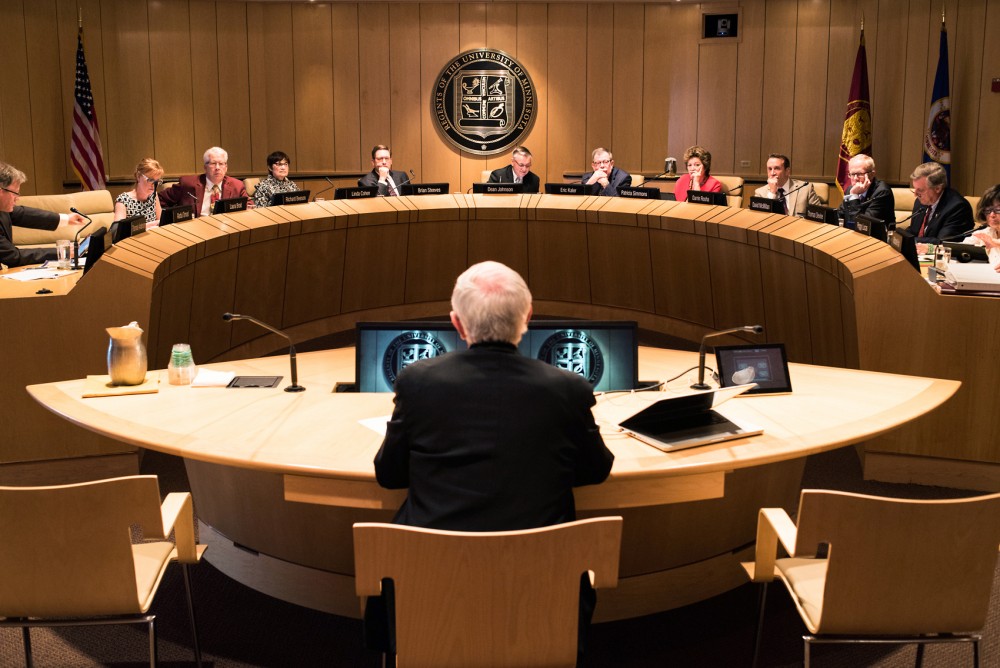Many University of Minnesota-area businesses are bracing themselves for a potential city-wide minimum wage hike in Minneapolis, but the University itself has remained mostly silent on the issue, despite many of its employees and students having a direct stake in the proposal’s outcome.
Last October, the Minneapolis City Council commissioned a study from the Humphrey School of Public Affairs which found that “raising the minimum wage in Minneapolis to $15 an hour would increase the incomes of some 71,000 workers and help lift them out of poverty.”
However, even if Minneapolis were to pass a minimum wage hike, the University wouldn’t necessarily be covered, as Board of Regents policy dictates the school follows the state’s prevailing wage regulations.
Many of the University’s on-campus student-workers must be paid at least $9 an hour, with some making, on average, more than the state’s minimum wage; every student-worker is limited to 29 hours or less per week. But granted a student could be employed full-time at the University, 40 hours per week at $9.50 an hour wouldn’t cover the price of their tuition.
The University is the sixth largest employer in the state, so if it chose to implement a $15 minimum wage for its workers, it likely wouldn’t face the same concerns brought up by local businesses. But that doesn’t mean there wouldn’t be consequences.
The Office of Human Resources’ website states, “The University usually has more job vacancies than applicants.” Would a wage increase cause these jobs to go away? If the University continued to follow the state’s minimum hourly wage of $9.50, would minimum wage workers at the University leave to find employment elsewhere?
It’s difficult — maybe impossible — to know what a minimum wage increase would bring, but the University has a responsibility to us to pursue an answer.








